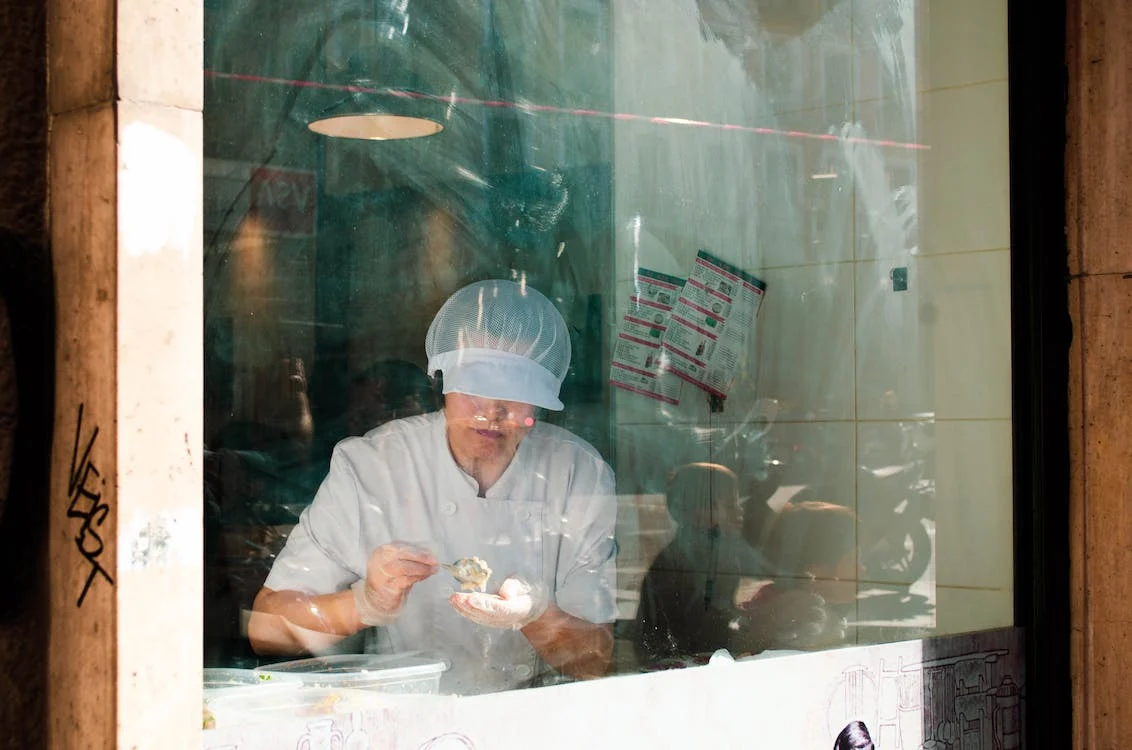The restaurant industry is notoriously hard. Owners face low-profit margins and a high risk of failure, while employees work long hours for little pay. Servers, particularly waiters, earn some of the lowest wages in the labor force. Even though the job is both physically and mentally demanding. Waiting tables can be a burdensome way of living due to the duties, working conditions, and low pay. However, this does not imply that being a waiter has no positives.
Here are all the reasons why waitressing is so hard!
1. Tiring Responsibilities
From the start to the end of a shift, a good server never stops moving. You ensure that diners have a seat, orders get placed well, and the food arrives just on time. The waiter/ waitress keeps track of what meal belongs to which diner and addresses any dietary restrictions or special requests. They are attentive enough to provide excellent service without hovering or being overbearing.
Servers like them must be well-versed in the menu and skilled at selling the most profitable items.
Between guests, they restock the service area, clean as needed, and assist other servers with their tables. Above all, the appearance must remain professional and friendly!
2. Foot Pain and Back Pain Are No Longer Foes
Servers are typically on their feet for the duration of their shift, so comfortable shoes are required to avoid foot pain as well as potential knee or back problems. Work hours can often last 12 or 14 hours if the restaurant is understaffed. A server is frequently required to handle heavy trays loaded with multiple meals or quantities of dirty dishes returning from the dining room. So, after a point, foot and back pains become your friends.
Waiters are also frequently exposed to ill customers, making them susceptible to infectious diseases.
3. Sexual Harassment
Guests respond favorably to attractive servers, and chains such as Hooters, Tilted Kilt, and Twin Peaks have built their business models around young waitresses dressed in suggestive uniforms. Even in traditional family restaurants, waitresses quickly become adept at fending off customer advances. Coworkers, particularly employers, can be more difficult. In covering allegations against a pizza chain, NBC reported that the restaurant industry accounted for 37% of all sexual harassment claims, despite employing less than 9% of the population. According to the article, 42 percent of female restaurant employees in Louisiana reported harassment in 2002.
4. The Pay and Working Conditions
Waitresses and waiters face difficult working conditions. Few servers have health insurance or other workplace benefits, and they frequently can’t afford to take time off when they’re sick. Many restaurants have erratic shifts, making it difficult for waitresses to arrange child or elder care. Pay is also low, with many states allowing tipped workers to earn less than the minimum wage. Given that women make up two-thirds of tipped employees, there is a significant gender gap. According to a 2012 study by the Restaurant Opportunities Centers United, female servers earn $17,000 per year on average while male servers earn $25,000 per year.
5. Working on Weekends and Holidays
It is normal to have work hours on weekends and especially on holidays. It means that you will have more work to do during these times.
6. Having to Deal with Rude Customers
As a waiter or waitress, you will encounter many irritable customers. Some are inpatient, those who know nothing about the restaurant business, those who believe you are a slave, and those who are mean. As a result, if you are sensitive, this job may not be for you.
7. Having Bad Coworkers
There will always be bad coworkers, such as those who are always late, sneak out for breaks, are rude to customers, and are lazy. They can make you feel as if you are doing all of the work while they are simply relaxing. These people can sap your motivation to work.
8. Dining-out Will Remind You of Work
Unlike traditional people, you will not be able to dine out without being reminded of your work. And let us be authentic: a reminder of work that can be a cheer killer.
The Bottomline
Waiting tables can be a hectic job. However, like all other professions, it has a bright side too. You can have a look at all the pros and cons of waitressing in our guide here.
It will help you prepare for what is to come. We also aim to establish interpersonal respect and consideration for all those working as waiters and waitresses around you. So, the next time you go, do not forget to tip them and say kind words!

